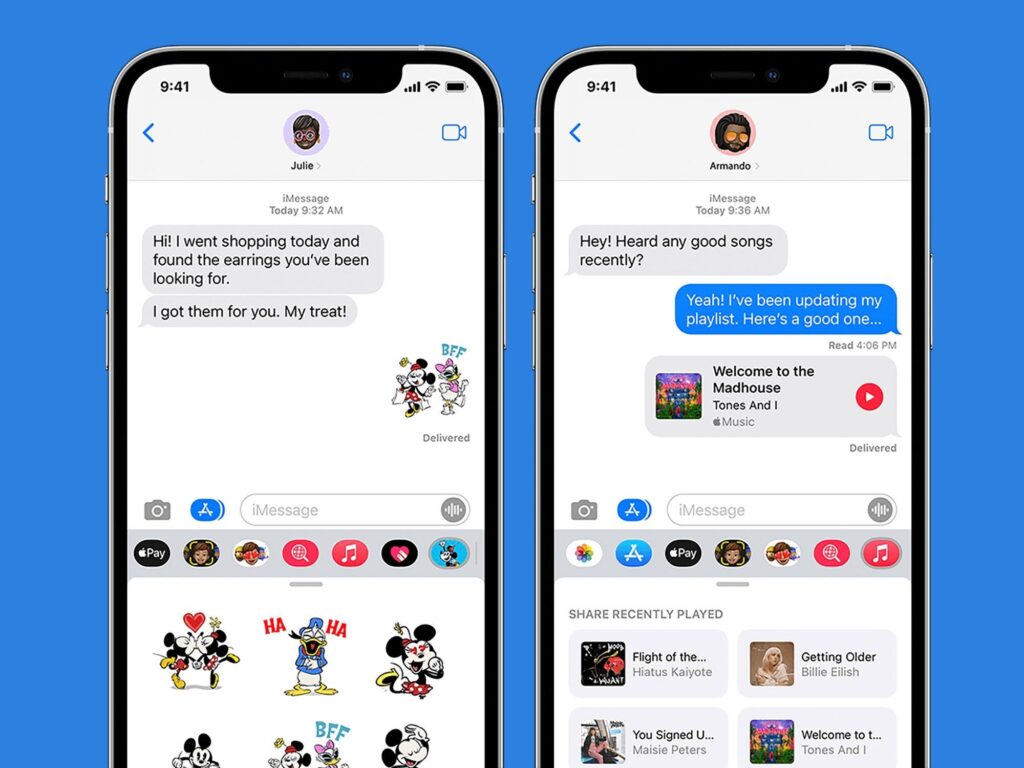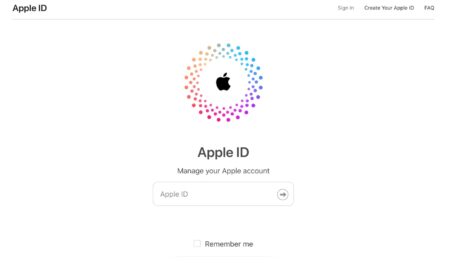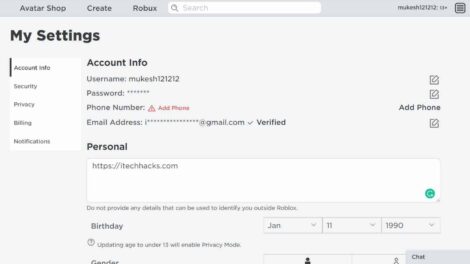The European Union’s far-reaching Digital Markets Act (DMA) aims to limit anti-competitive behavior by big technology companies designated as “gatekeepers.” Many wondered if Apple’s popuar iMessage platform would fall under DMA restrictions.
However, after conducting an investigation, EU regulators concluded iMessage does not currently qualify as a “core platform service” per how the legislation defines market dominance. Thus, iMessage dodged inclusion in the DMA framework, despite some claims of unfair advantage.
Understanding Apple’s iMessage Platform
iMessage allows Apple users to exchange end-to-end encrypted messages, photos, videos and more across iPhones, iPads and Macs. As an ecosystem-specific tool, iMessage notably excludes Android users.
From Apple’s perspective, keeping iMessage exclusive provides a competitive edge attracting consumers seeking seamless connectivity between their Apple devices. However, others argue this approach limits choice.
What Does the Digital Markets Act Regulate?
As one of the EU’s signature pieces of tech regulation, the Digital Markets Act aims to promote fair competition and consumer choice by placing specific rules on certain platforms acting as digital “gatekeepers.”
These gatekeepers are defined as companies with entrenched market power across core platform services likes search engines, social networks, app stores, etc. Regulated gatekeepers face heightened compliance enforcements and restrictions.

Analyzing iMessage’s Exemption From DMA
On the surface, it may seem that a wildly popular messaging platform owned by one of the world’s biggest tech firms should warrant DMA gatekeeper designation.
However, the legislation specifically targets “core platform services” with a proven record of market dominance. While influential, iMessage has not yet achieved the EU’s threshold for DMA inclusion based on its usage metrics and comparability to other messaging apps.
Of course, loud objections persist around granting Apple any continued competitive advantages from iMessage exclusivity.
Criticisms of Letting iMessage Maintain Walled Garden
Many critics view the decision to exempt iMessage from DMA as debatable and potentially anti-competitive:
“This gives Apple a free pass to continue fragmented messaging barriers between iOS and Android. iMessage lock-in is a key mechanism for retaining customers in Apple’s walled garden.”
– Fennec Tech Blogger
These takes argue regulators should take a broader view of potential gatekeeper services to promote platform interoperability. However, others contend such interventions overreach.
Defense of Limited Regulations Allowing Market Forces to Adapt
Some policy experts caution against excessive regulation like forcibly opening iMessage to Android integration when market conditions don’t necessarily warrant intervention:
“Heavy-handed regs risk unintended consequences stifling innovation. Messaging interoperability arises naturally over time without the DMA forcing the issue when users don’t yet view it as essential.”
– Dr. Oriana Thompson, Antitrust Economics Professor
By this perspective, if walled garden services like iMessage deliver clear user value beyond anti-competitive factors, then market forces should organically address any disadvantages that emerge as substitutable alternatives arise.
What Happens Next With EU Tech Regulations
While the DMA framework now provides ground rules for reigning in harmful Big Tech behaviors, regulators walk a fine line to avoid overreach. With iMessage among the excluded services, Apple dodges a bullet for now. Still, as messaging platforms and digital ecosystems continue rapid evolution, future reassessments of market dominance may tell a different story.










Add Comment